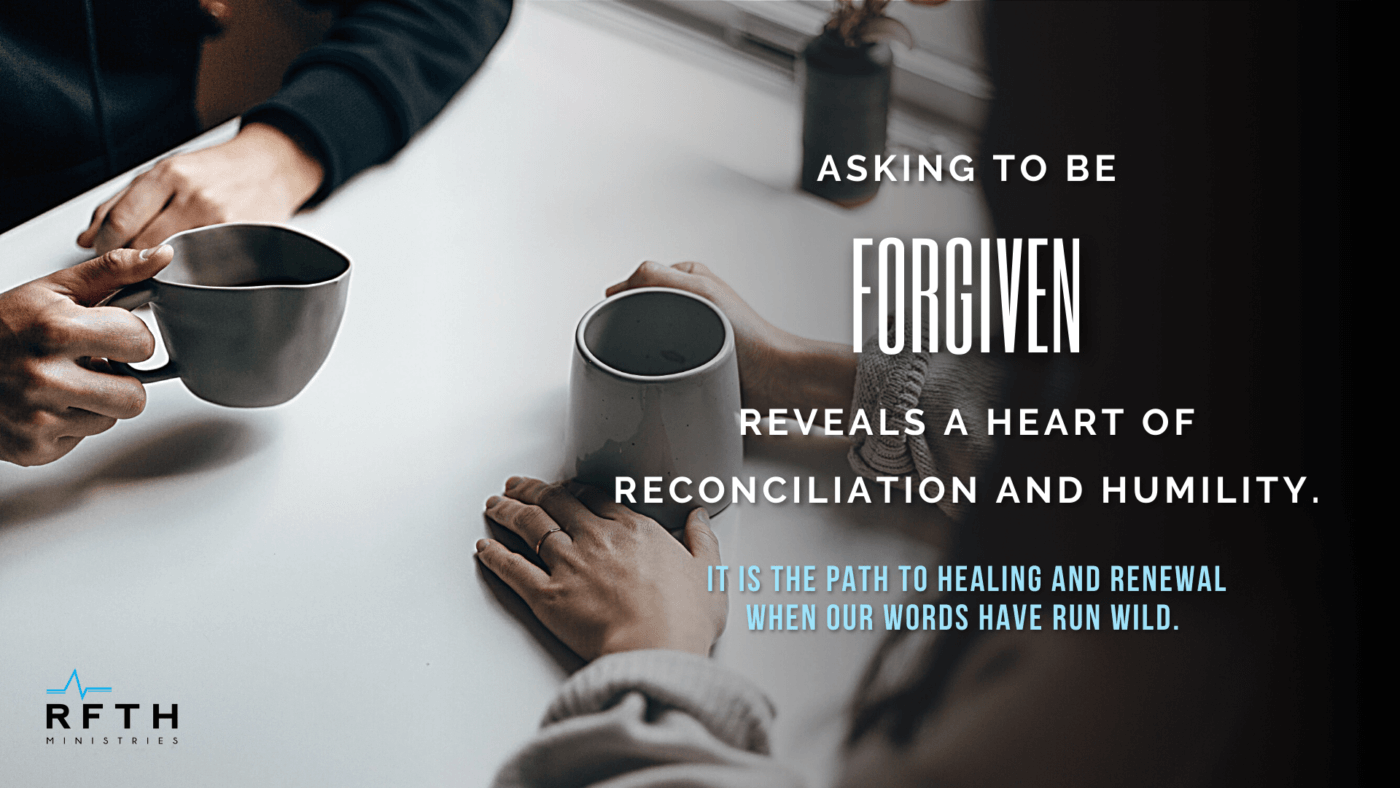
“For every kind of beast and bird, of reptile and sea creature, can be tamed by mankind, but no human being can tame the tongue. It is a restless evil, full of deadly poison.”
One of my heroes growing up was the big cat trainer extraordinaire Gunter Gebel Williams.
Gunter was the leading performer for many years in the Ringling Brother’s Barnum & Bailey Circus. His command over the lions, tigers, and leopards made him the central attraction of the greatest show on earth. I was in awe of his ability to tame and command the most ferocious beasts on planet Earth with poise and grace.
In our Scripture today, James tells us that every creature on earth can be tamed, but no one can tame the tongue. It truly is “the” untamable beast. The tongue is full of deadly poison and can lash out and strike at any moment.
So, in light of that description, here’s today’s question to reflect upon:
What do we do when we have lashed out at someone?
Consider these thoughts when your words have run wild:
- Acknowledge Hurtful Speech – As painful, harsh, and reckless as words can be, the greater pain is often caused when we refuse to acknowledge what we did. It can be so healing to simply say, “I realize I was out of line” or “I know that what I said was hurtful.” Acknowledgment of the pain caused shows that we are aware of what we have said and are willing to move toward healing.
- Apologize! – I know this seems basic, but saying, “I’m sorry” and really meaning it is often very hard to do. An apology reveals we are taking ownership of what we said instead of getting defensive or deflecting blame. Oh sure, we may try to rationalize or explain our tone, but an apology is essential to move toward reconciliation. Don’t minimize the destructive power of your words. My motto is: Apologize, don’t minimize!
- Seek Forgiveness – Few words can be spoken with more power than “Please forgive me.” Asking to be forgiven reveals a heart of reconciliation and humility. It is the path to healing and renewal when our words have run wild.
Taming the tongue seems impossible, but we can all choose to do what’s right when our words cause pain. Seeking forgiveness and reconciliation allows us to point people to the good news of Jesus Christ, “In whom we have redemption, the forgiveness of sins” (Colossians 1:14).
Do you need to ask forgiveness from someone?
Ask God to give you the courage and the humility to begin the reconciliation process.
Don’t wait; do it today. Trust me when I tell you, it will change your life!
Taken from a sermon by Senior Pastor George Wright, Shades Mountain Baptist Church, Birmingham, AL
DIG DEEPER
Read “Your Words Can Alter Someone’s Life” also by George Wright






